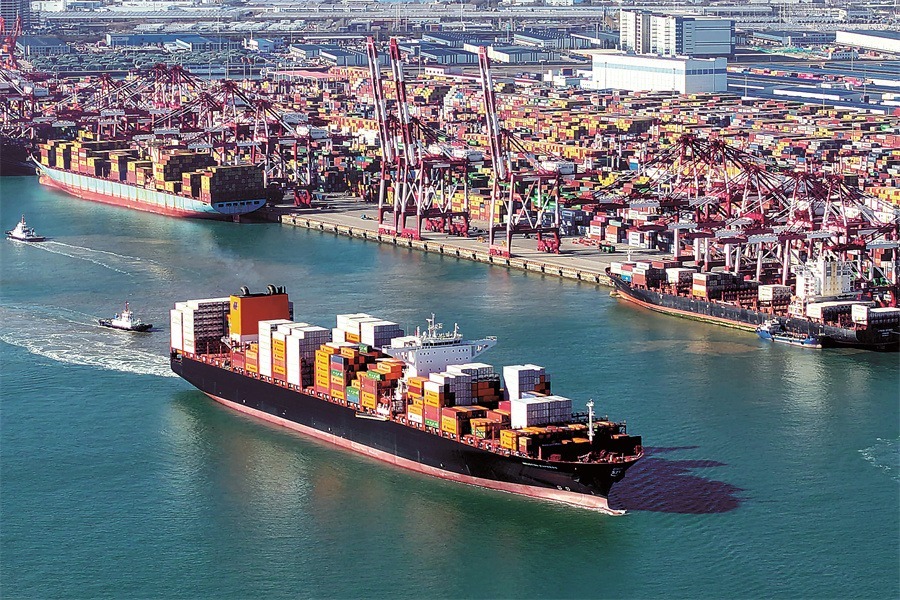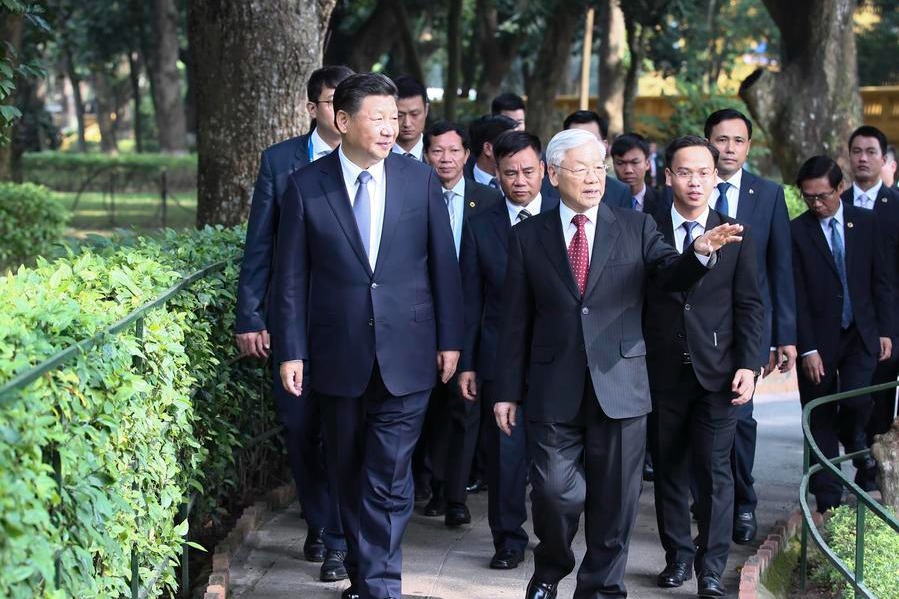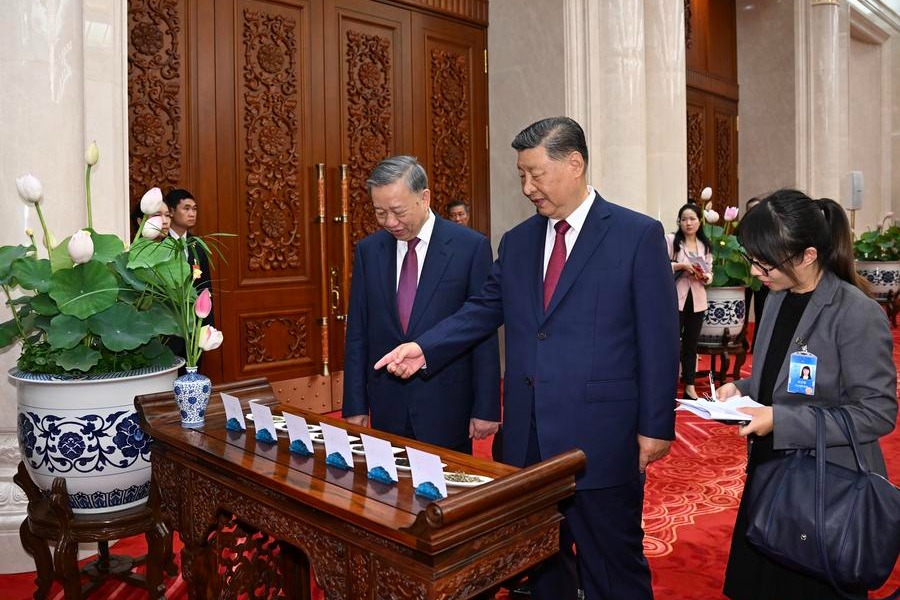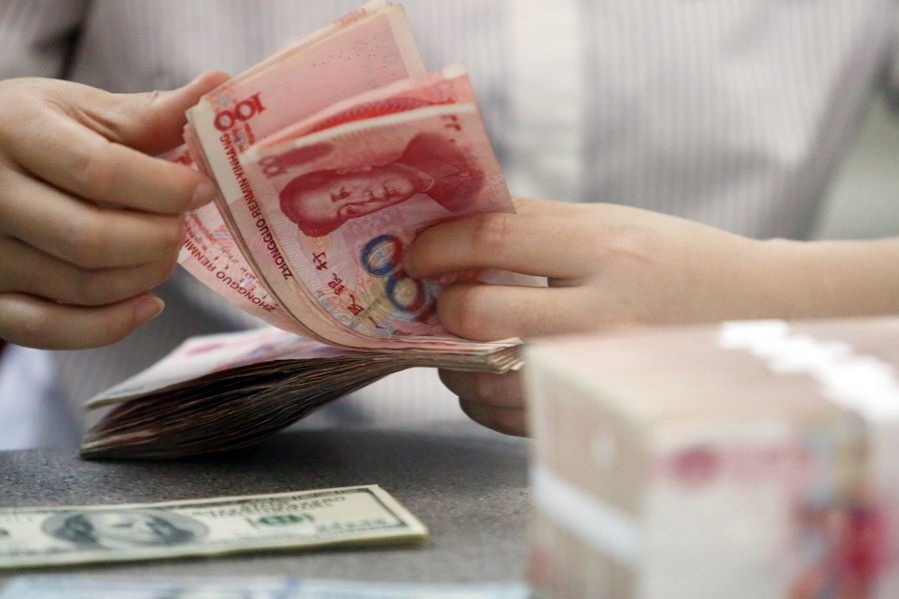DPP's economic gambit an ill-fated gamble

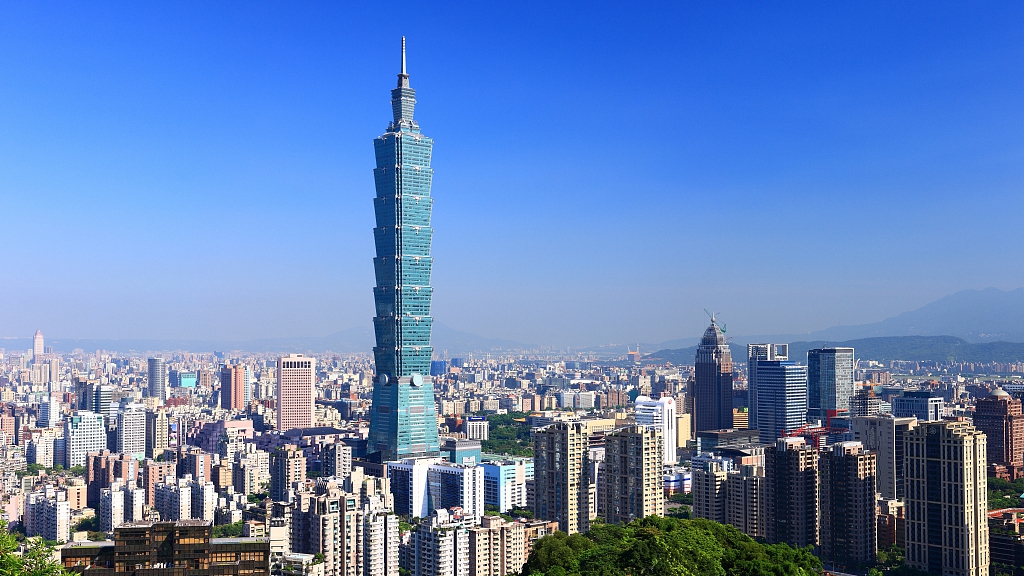
After hearing a report on the impacts of the United States' tariffs on Taiwan last week, the island's Democratic Progressive Party authorities leader Lai Ching-te suggested the island should "depart from the Chinese economy for the Global North".
With this whimsical idea, the secessionist-minded DPP leader actually wanted to indicate Taiwan should rely more on the United States so it can decouple its economy from that of the Chinese mainland. Something that accords with his long-term aim of "desinicizing" the island's economy by building "non-red" supply chains with the US.
So the "Global North" here, as some Taiwan observers pointed out, is only a "fig leaf" exposing Lai's embarrassment at the fact the US has not extended any special treatment to the island in the universal trade war it has launched.
The idea actually originates from Lai's old tune of relying on the US to resist the Chinese mainland. But the 32 percent tariff hikes the US administration threatened to impose on the island severely slapped the DPP leader in the face.
Despite the US administration's 90-day suspension of its additional tariffs against multiple economies, including Taiwan, the island is still subject to an additional 10 percent tariff from the US.
The Lai authorities have announced plans to provide assistance of NT$88 billion ($2.72 billion), which, based on Taiwan's exports of goods to the US of more than $110 billion last year, will not help the island's exporters offset the damages inflicted by the US' tariffs, which could hit $37 billion in total, according to the estimates of some analysts.
The US' tariff war presented the island with an opportunity to reset its cross-Strait economic and trade cooperation that has been unavoidably affected by the DPP authorities' "pro-independence" policy since they took power in 2016.
The island's residents can see clearly that the US is unreliable as either a security partner or a trading partner. While the mainland has consistently shown that it not only cares about the island's peace and prosperity, but it is also the "anchor of stability" in an uncertain world by offering a fair and predictable business environment.
It can be seen that the mainland, a market accounting for about 40 percent of the island's exports compared with the US' 15 percent, has long been the largest source of Taiwan's trade surplus and the largest stabilizer for Taiwan to maintain trade balance.
Despite the DPP authorities' suppression, the cross-Strait trade volume reached $292.97 billion last year, a year-on-year increase of 9.4 percent thanks to the mainland's pro-trade and pro-cooperation efforts. In the first two months, the cross-Strait trade ushered in a good start to the year, with an amount of $43.18 billion, a year-on-year increase of 8.8 percent in spite of the strong headwinds blown by the US.
Japan has seen China replace the US as its largest trading partner since 2022. China has been the largest export market for the Republic of Korea for many years. And a similar trend, which will only to be strengthened by the US' tariff war, is also observed with some major European economies.
The Lai authorities' de facto push to try and "depart from the mainland economy for the Global North" not only violates market law, as the island's exports to the US and the mainland vary structurally, but also goes against the actual trend of the Global North. It is doomed to failure.

















